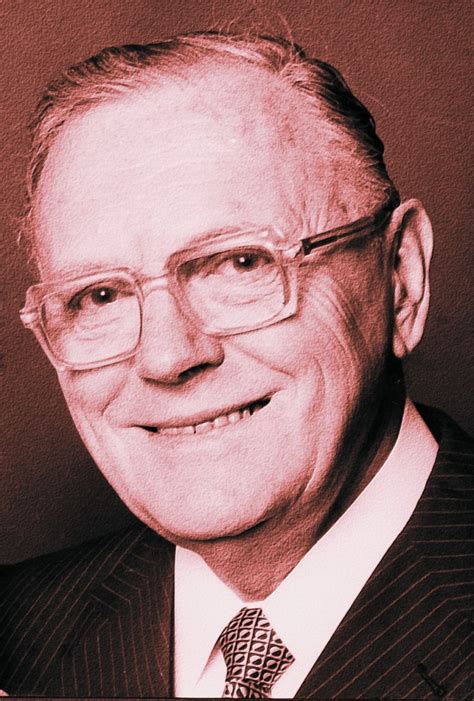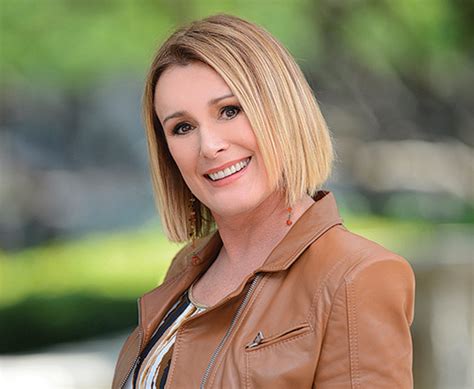A Quote by Martin Landau
How a character hides his feelings tells us something about him.
Related Quotes
The actor has to have some degree of craft, along with the talent. No one tries to laugh except bad actors. No one tries to cry except bad actors. How a character hides his feelings tells us who he is. Most people don't know that, and most actors don't do that. Therefore, there are a lot of actors who put me to sleep, that are considered good actors, but they're predictable and boring. I know how the scene is going to end before it ends.
The fact about himself that the liar hides is that he is attempting to lead us away from a correct apprehension of reality; we are not to know that he wants us to believe something he supposes to be false. The fact about himself that the bullshitter hides, on the other hand, is that the truth-values of his statements are of no central interest to him . . . He does not care whether the things he says describe reality correctly. He just picks them out, or makes them up, to suit his purpose.
In the opening chapters of the Book of Revelation the Apostle John tells us how on the Isle of Patmos he was given an awesome vision of the Lord Jesus, risen from the dead. Then John says, 'When I saw Him, I fell at His feet as dead.' He tells us not only the vision itself, but the profound effect it had on him. It utterly prostrated him before the Lord until He came and laid His right hand on him and said 'Fear not.'
Drive-Bys want you to think that Donald Trump doesn't have a mind of his own. He's either doing what Steve Bannon tells him to do or he's either doing what Jared Kushner tells him to do or he's then doing what Gary Cohn tells him to do, and then sometimes he might do what Ivanka Trump tells him to do. They want you to believe he doesn't have a mind of his own, that he actually believes the last thing somebody tells him. I don't think that's how it happened.
Our feelings of separation from God will diminish as we become more childlike before Him. That is not easy in a world where the opinions of other human beings can have such an effect on our motives. But it will help us recognize this truth: God is close to us and aware of us and never hides from His faithful children.
If only mortals would learn how great it is to possess divine grace, how beautiful, how noble, how precious. How many riches it hides within itself, how many joys and delights! No one would complain about his cross or about troubles that may happen to him, if he would come to know the scales on which they are weighed when they are distributed to men.
Zhuangzi is especially insightful about the human pretension to know. The Zhuangzi tells a story about a frog who lives in caved-in well. Because he is the lord of this little world of his, king of the pollywogs, he is very proud of himself. But he doesn't know how small his world is until a turtle comes and tells him about the vastness of the sea. We human beings are like the frog, not realizing how little our worlds are.
Nothing like one honest look, one honest thought of Christ upon His cross. That tells us how much He has been through, how much He endured, how much He conquered, how much God loved us, who spared not His only begotten Son, but freely gave Him for us. Dare we doubt such a God? Dare we murmur against such a God?
Suppose whether or not someone tells me a lie depends only on whether he wants to, but he is morally indifferent, he doesn't care much about the truth or about me, and his self interest, which he worships, tells him to lie, and so it comes about that given his psychology, it is a forgone conclusion that he will lie to me. I think in this case he is still blameworthy, and that implies, among other things, that he did something he ought not do.
For me, 'The Social Network' isn't about Facebook. It certainly isn't about how people use it. It's about a flawed character and his pursuit of that grand idea that defines him and validates his life and how far he'll go to get it, and the repercussions that come as a result of that - what he gives up in the process.


































